Grant Investigator: Chloe Cockburn
This page was reviewed but not written by the grant investigator. Texas Organizing Project staff also reviewed this page prior to publication.
The Open Philanthropy Project recommended a grant of $1,195,500 over two years to the Texas Organizing Project (TOP) to support its work on criminal justice reform.We originally recommended a two-year, $500,000 grant to TOP in March 2017. In March 2018, we restructured the recommendation to include a larger second-year payment, bringing the total grant amount to $1,195,500 over two years.
This grant is primarily intended to grow TOP’s organizational capacity so that it can continue building pressure for criminal justice reforms in Texas. We see the main value of this grant in building significant capacity for policy reform advocacy in counties that represent a major locus of mass incarceration in the US.
The Open Philanthropy Project separately recommended a grant to the Texas Organizing Project Education Fund, a 501(c)(3) organization affiliated with the Texas Organizing Project.
This grant was made by a 501(c)(4) social welfare organization, to which we occasionally make funding recommendations.
This grant falls within our focus area of criminal justice reform.
[toc]
<!—BELOW TOC BODY SECTION—>
Background on the organization
TOP, headquartered in Houston, describes its primary activity as “organizing Black and Latino communities in Dallas, Harris, and Bexar counties with the goal of transforming Texas into a state where working people of color have the power and representation they deserve.”
Unpublished email from TOP representative, 4/4/18
We view TOP as particularly effective at combining community organizing with electoral politics at the city level.
TOP has strong relationships with other organizations in the space that we checked in with. Our impression is that TOP is viewed by others in the field as a leading voice on its issues and an effective coalition leader, with a consistent track record of putting together successful electoral campaigns. TOP also has a large and diverse base of thousands of community members, which we think has a good chance of effectively advocating for significant changes to criminal justice practices.
About the grant
This grant will grow TOP’s organizational capacity to continue building pressure for criminal justice reforms in Texas. Several Texas counties are among the country’s largest prison admissions drivers. This grant will pay for TOP to hire two new organizers and a researcher to support both of them. TOP has also told us it needs to hire more communications staff to help defend its wins from backlash.
In all, TOP has 43 staff members, 11 of whom will be substantially or wholly supported by this grant.
Proposed activities
TOP plans to continue to organize and mobilize its base to put pressure on government officials to move criminal justice policy reforms, which might include:
- Bail reform
- working with elected officials to create a drug diversion program
- reducing the use of pre-trial detention for felonies through more effective use of a risk assessment instrument; and
- creation of an oversight committee for police accountability.
TOP also aims to continue to build out its base of supporters and of organizations signed onto its policy platform, as well as grow its event turnout, media coverage, and rapid response capacity.
Budget and room for more funding
This grant will increase TOP’s budget by more than a third. We are not aware of any other major national criminal justice reform funders considering grants to TOP, particularly on this scale.
Risks and reservations
- Beyond noting its track record of campaign victories, we feel we have less of an ability to directly evaluate TOP’s effectiveness than some of our other grantees within criminal justice reform. In addition to our own positive interactions with TOP, we are relying to a large extent on the evaluations of many people in the field whom we trust who see TOP as highly competent (including people who have worked closely with TOP).
- TOP has a relatively short history of working on some of these policy issues.
- We do not have a good sense of whether the scale of staff TOP plans to hire is necessary to accomplish the goals it has laid out, but we feel comfortable deferring to TOP’s assessment of its capacity needs.
- We think TOP will likely face pressure to spend time on issues in other areas (e.g. immigration).
Key questions for follow-up
- What successes or failures has TOP had in leveraging its relationships with elected officials to achieve specific policy outcomes?
- How does TOP evaluate its achievements so far (according to the goals and metrics it shared with us at the time of this grant)?
- What has gone differently (either better or worse) than TOP projected?
